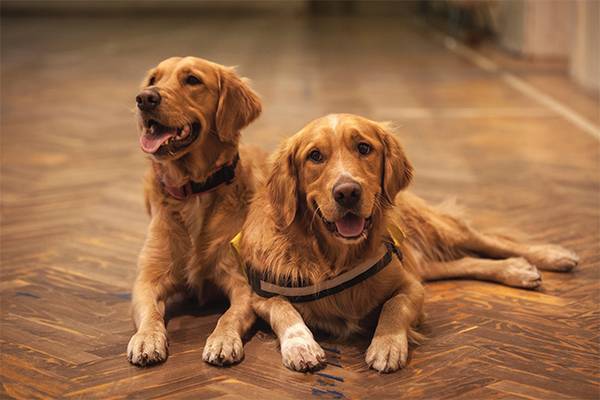
HVAC System and Pets: What You Need to Know
Whether you have dogs, cats, amphibians, or reptiles, here is how they impact the HVAC system and how indoor air affects them.
HVAC systems and pets
Your pet hair flies around your home, recirculating through the HVAC system. Vents can pull dog or cat hair, and dander in and send it back into your home. It can decrease indoor air quality and increase allergies.
-To minimize indoor air-related effects of pet hair, change the filter regularly. The number of times you need to change the filter depends on how often it clogs.
– Groom and brush your pets will go a long way in protecting your HVAC system. Groom will ensure there will not be a lot of loose hair around your house.
– Schedule routine vent cleaning service. AC checkups can reduce possible problems inside your central HVAC system. The technician can inspect the system, check for damage, clean the air conditioner and recommend a filter replacement.
– Change your cleaning habits. If your HVAC system constantly clogs, consider that maybe there is a lot of pet fur in your home daily. A filtered vacuum or similar cleaning device can remove some hair before it reaches AC or heater. Pet fur flies around your home and recirculating through the HVAC system can decrease indoor air quality and increase allergies.How does indoor air quality affect your pet’s health?
Humans are not the only household members that indoor air quality can affect. Many pets may have sensitive respiratory systems that require fresh indoor air.
Along with outdoor air contaminants, like carbon monoxide that is unscented and uncolored, can leak inside your home and impact your pet’s respiratory system. Your pet health issues can cause commonly used everyday cleaning products, so you can switch on pet and eco-friendly cleaning products. Does someone in your home smoke cigarettes? Tobacco smoke can irritate pets as well as humans.
Keeping the HVAC system clean will keep indoor air quality and your pets safe and sound.

